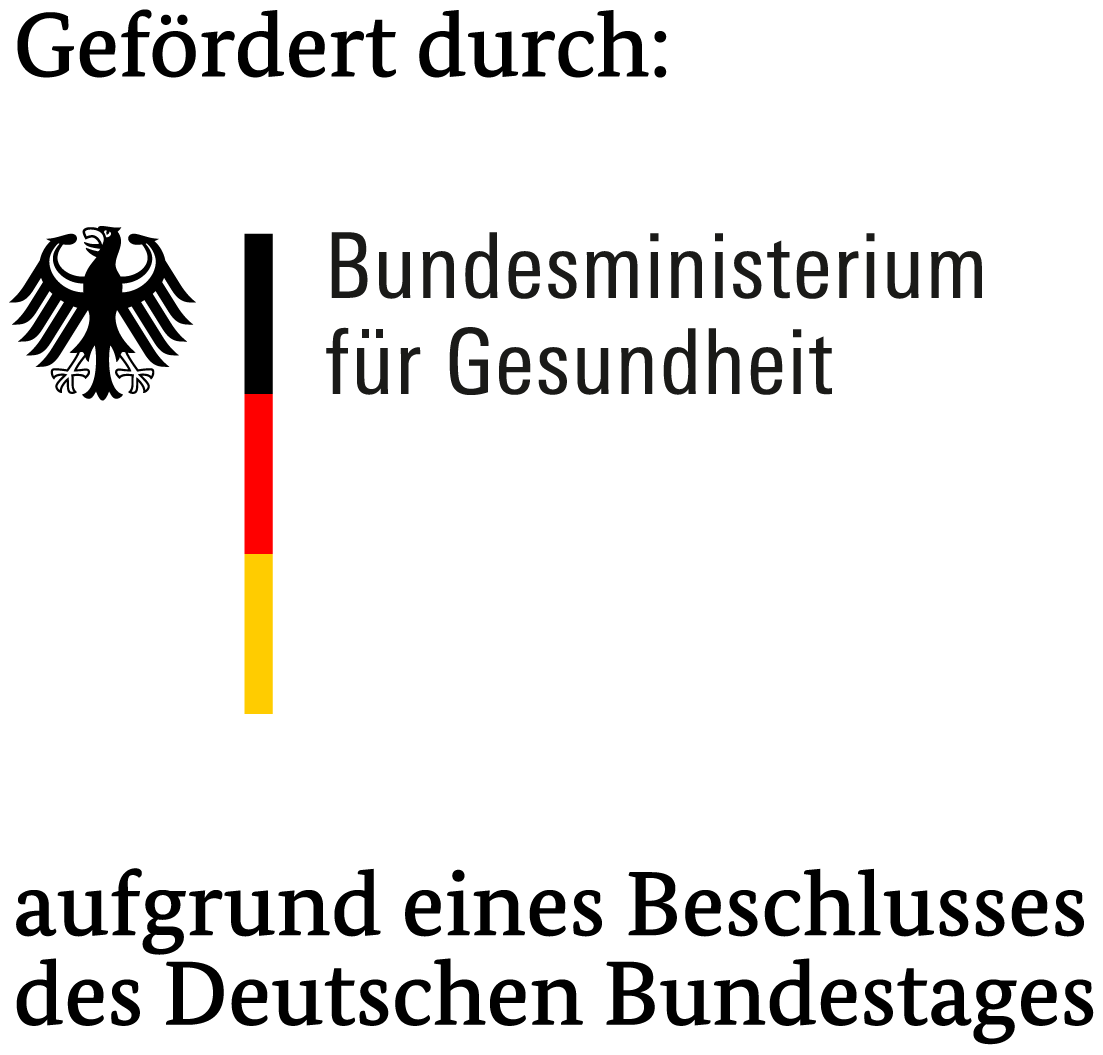Rehm, J., Probst, C., Lev-Ran, L.
The addiction concept revisited2014
In P. Anderson, G. Bühringer & J. Colom (Hrsg.), Refraiming addiction: policies, processes and pressures. The Alice-Rap project (S. 102-116). ISBN: 978-84-697-1647-2. Available online, www.alicerap.eu
Summary
In the past 50 years, there had been quite varied definitions and operationalizations of the term addiction, and up to today, there are different underlying concepts in the two major classification systems by the World Health Organization (ICD) and by the American Psychiatric Association (DSM). This chapter reviews current and past definitions and introduces a new concept "heavy use over time" which could replace current definitions. First, heavy use over time causes the changes in the brain we currently associate with substance use disorders. Second, heavy use over time is also very closely linked to all criteria used to define such disorders in medical classification systems. Third, heavy use over time is easy to operationalize and fourth, it has been shown to associate with mortality and morbidity outcomes of dependence or other substance use disorders better than current diagnostic criteria. Finally, defining substance use disorders as heavy use over time promises to better align treatment with standard medical treatments and could play a role in reducing stigma. To summarize, heavy use over time promises to reconceptualise addictions/substance use disorders in a parsimonious and consistent matter, in line with major scientific results.

IFT Institut für Therapieforschung
Leopoldstraße 175
80804 München
Tel. +49 89 360804-0
Fax +49 89 360804-19
Email: ift@ift.de